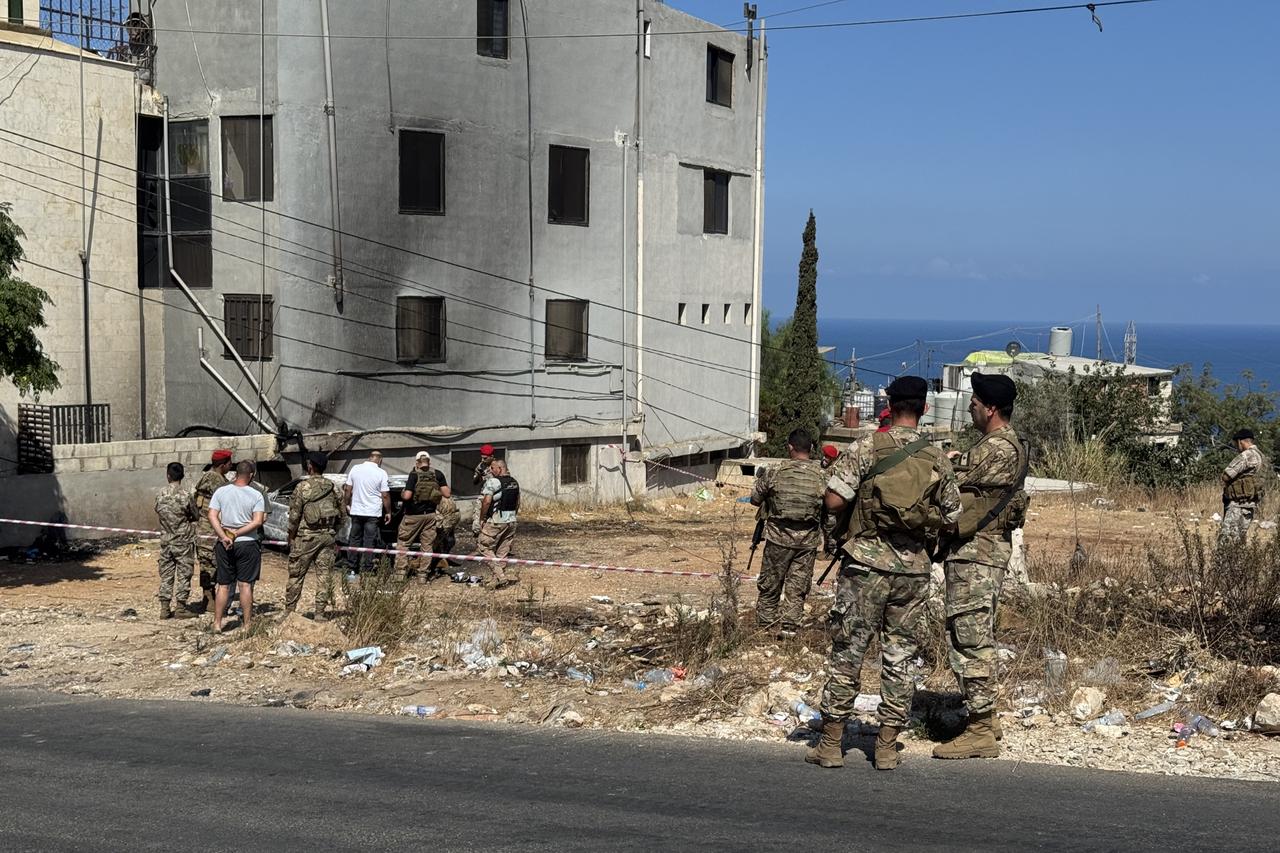
Lebanese Deputy Prime Minister Tarek Mitri stated that Israel disregards all agreements and international law, saying that Israel continues hostile attacks in clear violation of the Nov. 27, 2024, ceasefire agreement, in an exclusive interview with state-run Anadolu Agency (AA) on Friday.
Mitri emphasized that Israel remains unaffected by international pressure, citing the genocide in Gaza and attacks on countries, including targeting Qatar, as evidence that "Israel is not affected by pressure and does not listen to anyone."
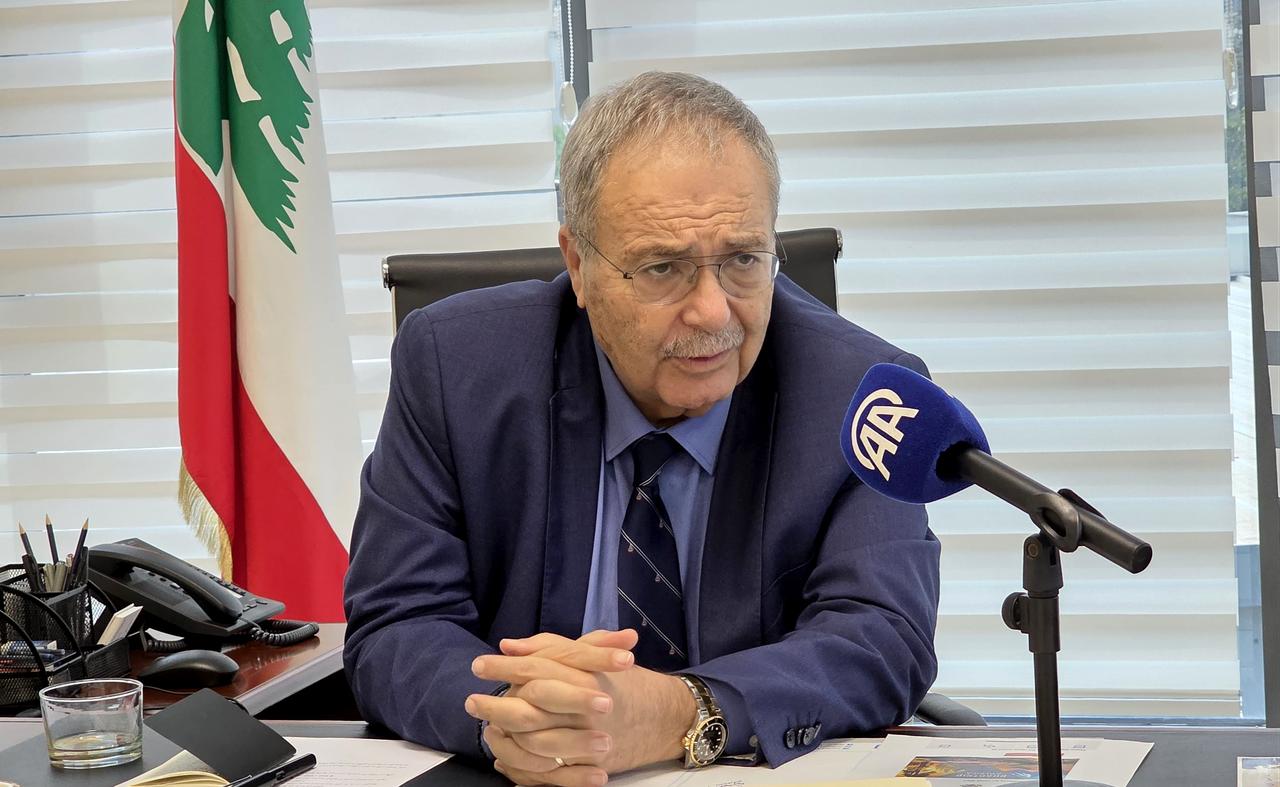
"Israel's hostile attacks continue, and this violates all international decisions, especially the ceasefire agreement of Nov. 27, 2024, which envisages security arrangements to end attacks," Mitri said.
"Israel disregards all agreements and international law. It does not respect Lebanon's sovereignty or the commitments it made when accepting the security arrangements," he noted.
The deputy prime minister highlighted Lebanon's diplomatic efforts to stop Israeli aggression, stating that Lebanon is mobilizing all diplomatic and political resources to halt Israeli attacks, secure withdrawal from the five occupied hills, and achieve the return of prisoners.
"International pressure has not been strong enough to force Israel. Despite the arrogance of the Israeli leadership, our position is clear; our diplomatic and political efforts continue," Mitri added.
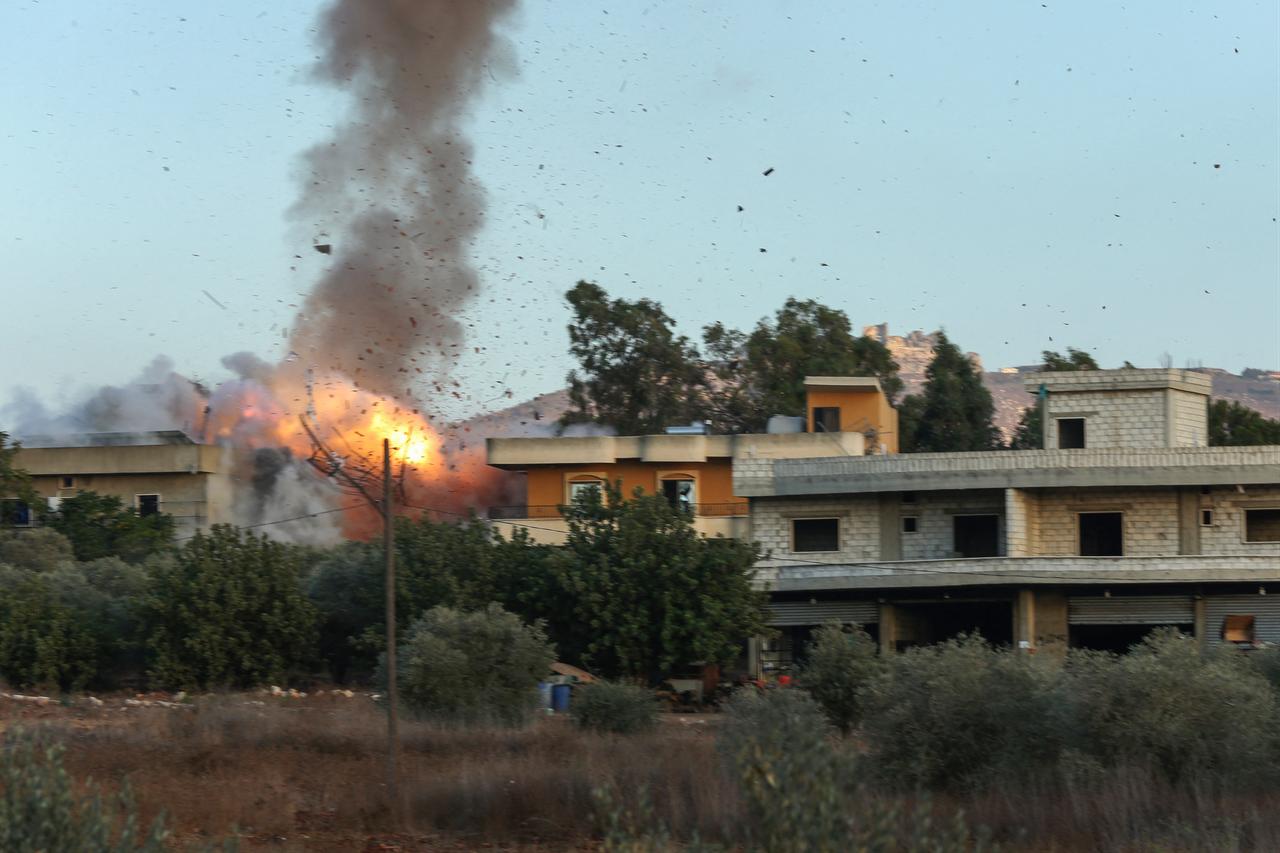
Addressing the issue of bringing weapons under state control, Mitri confirmed complete consensus among Lebanese authorities on this matter without confirming or denying external pressure.
"Whether there is external pressure or not, there is an international will to resolve the issue of bringing weapons under state control," he said.
The Lebanese government adheres to the Taif Agreement, which clearly extends state authority and sovereignty over all territories through security and military institutions, Mitri explained. He emphasized Lebanon's commitment to international resolutions, particularly Resolution 1701 and subsequent decisions that mandate strengthening state sovereignty over its territories.
Mitri also revealed that the Lebanese army presented a plan to the Cabinet on Sept. 5, which was welcomed by the government.
"The army will begin implementing this plan and will provide monthly reports on whether it is being implemented correctly," he said.
Regarding concerns about Hezbollah's rejection of disarmament, Mitri stated: "I do not believe that Hezbollah wants to enter into conflict with the Lebanese army, nor is the Lebanese army seeking confrontation with Hezbollah."
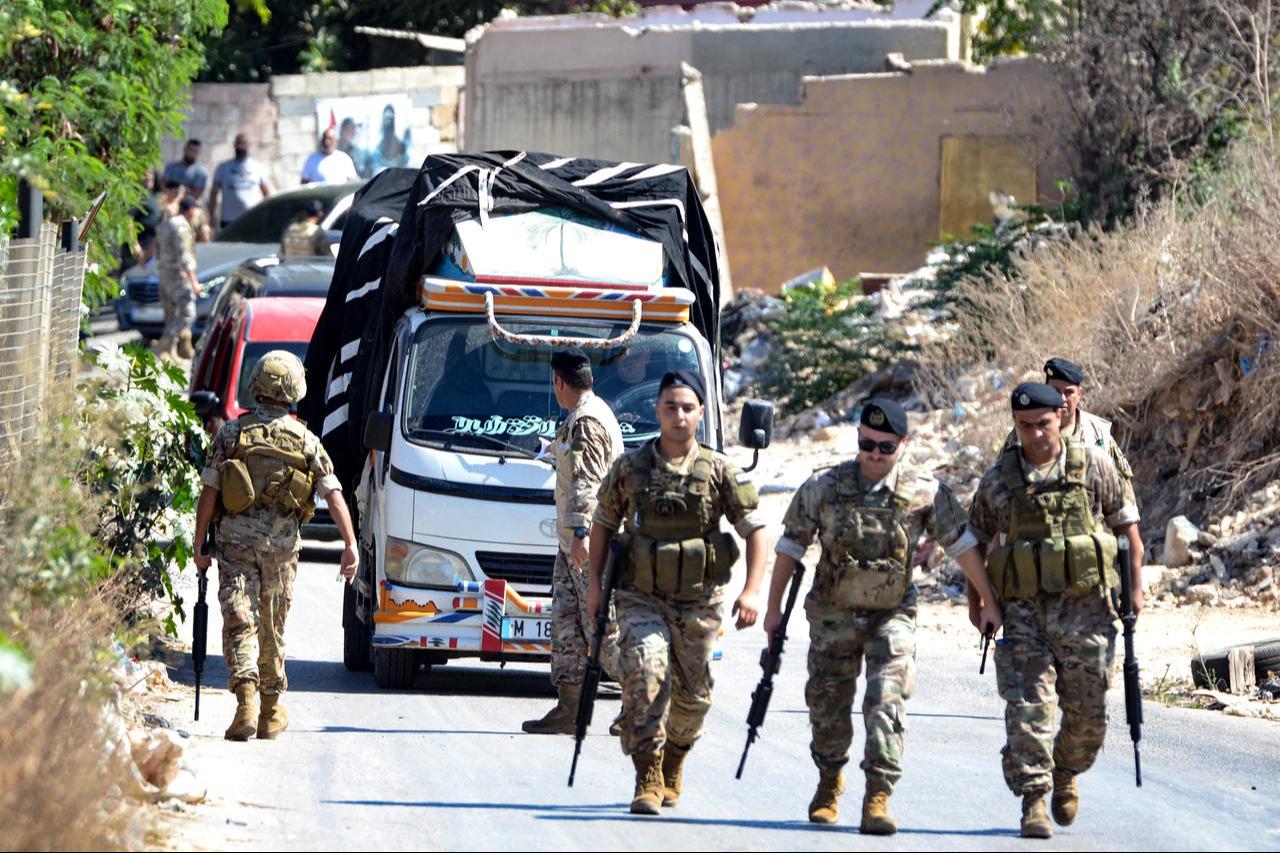
The deputy prime minister praised Türkiye as a friend of Lebanon with a long history of cooperation between the two nations.
"I remember the support Türkiye provided in 2006 (when Israel waged war on Lebanon) and the facilities the Turks provided to Lebanese and Syrians in the years before 2011, during the period when I was a minister," Mitri recalled.
"Türkiye supports Lebanon's sovereignty against Israeli attacks. Our relations with Ankara are flawless," he emphasized.
Mitri confirmed Lebanon's determination to further develop relations with Türkiye, noting recent diplomatic engagements: "I met with Türkiye's Deputy Foreign Minister in New York. Türkiye's Ambassador to Lebanon Murat Lutem also visited me. We discussed many issues that need to be addressed to strengthen relations, and we are determined to do so."
Regarding military cooperation, Mitri mentioned an upcoming conference to support the Lebanese army, stating, "Türkiye's participation alongside other countries would be natural. The conference will be an opportunity to discuss how to support the army."
"If Türkiye is willing to help the Lebanese army, I don't think anyone would object," he noted.
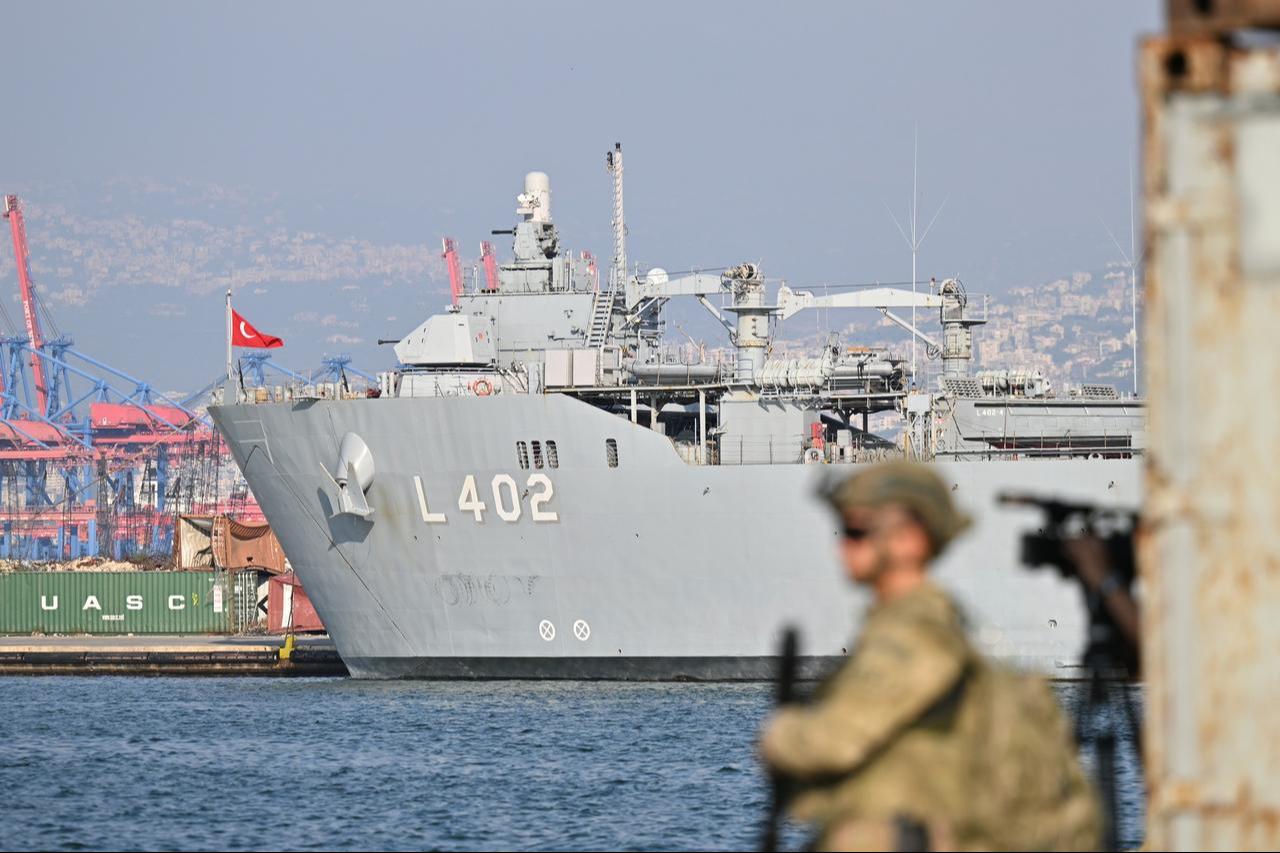
Mitri described Lebanon-Syria relations as "progressing very well," with mutual delegation visits and defense minister contacts addressing border security issues.
"Trust between the two sides is strong. The return of Syrian refugees and the prisoner issue are our priorities," he said.
The deputy prime minister noted that bilateral agreements signed in the past are being reassessed, with some potentially preserved, others modified, or abolished.
Mitri denied allegations that Lebanon refuses to return an estimated 2,500 Syrian prisoners, emphasizing that the issue must be resolved within a legal framework.
"We are preparing a judicial cooperation agreement between the two countries. When approved, the issue will be resolved quickly," he concluded.